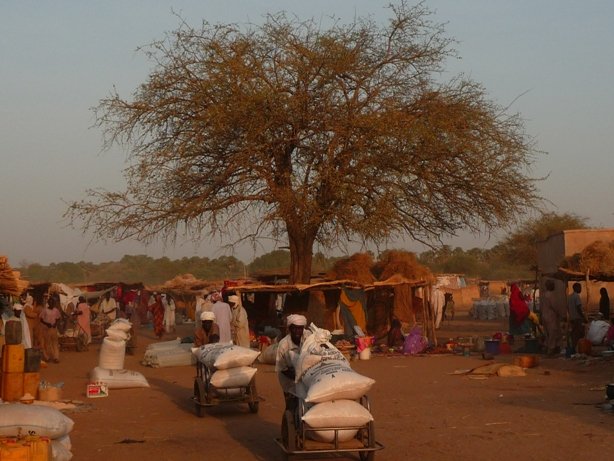Coming to grips with a new reality in Chad - MSF opens new project in Am Timan

"We have treated our first patients in Am Timan over the weekend!", Martine FLOKSTRA exclaims happily at the end of her mission, ready to head back to
The move to Am Timan arose out of the need to adapt MSF's strategy in
Also for aid organisations like MSF the tense security situation is a major challenge and one of the biggest obstacles in their work to deliver humanitarian assistance to those in need. Compound and road robberies are the most frequent incidents MSF has experienced in the East over the last years. "With the kidnapping of two of our staff last year, the risk for our staff by remaining in Ade in the border area to
"We always have to balance the risk for our staff against the medical impact we can have on the population. In the east of
It took more than two months from the first exploration in November to the start of activities in February next year. Thorough assessments of the hospital and area from a medical and logistical perspective take time: What are the major morbidities, what is the death rate, bed occupancy, organizational lacks, staff capacity? How is the water and sanitation situation on the hospital compound, how about electricity and cold chain provision? What is available on the local market, who are the local authorities, and above all: what is the intersection of medical and humanitarian needs? What are the biggest needs of the estimated target population of 188,000 people and how to address them responsibly?
"The team went through countless meetings and negotiations with different representatives, authorities, religious leaders, village chiefs and women's focus groups to find out what they need and to make clear who we are, what we can do and what we cannot do. We decided to start small and to concentrate on the most vulnerable: children and pregnant women."
"With the project in Am Timan MSF adjusted its operational strategy in order to reach a higher medical impact in a more stable project, while remaining flexible enough to react to epidemics or emergencies, particularly in the border area with





Leave a Comment